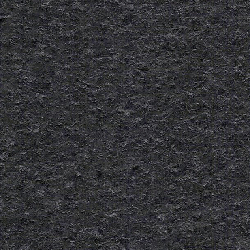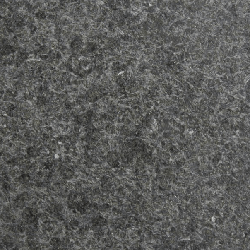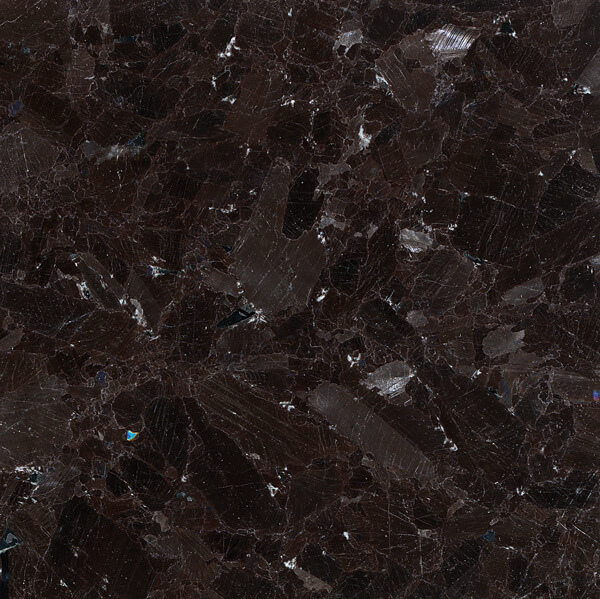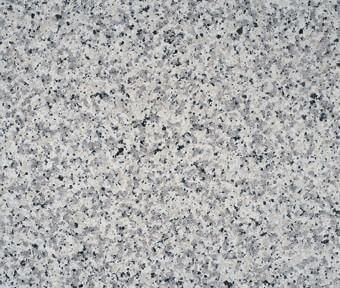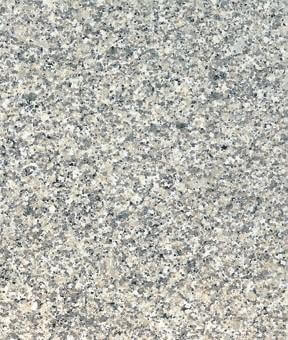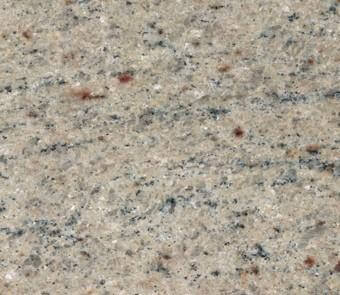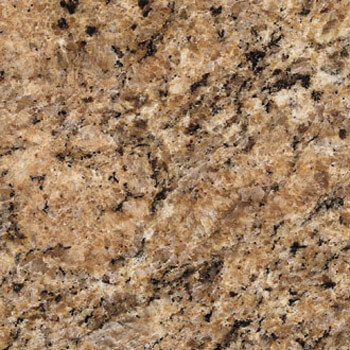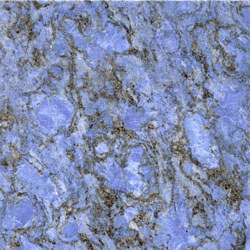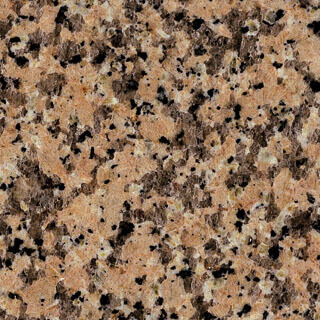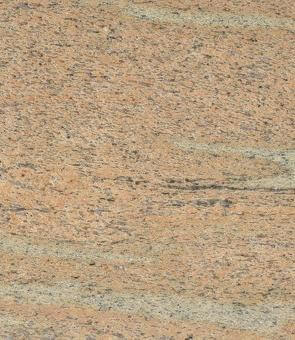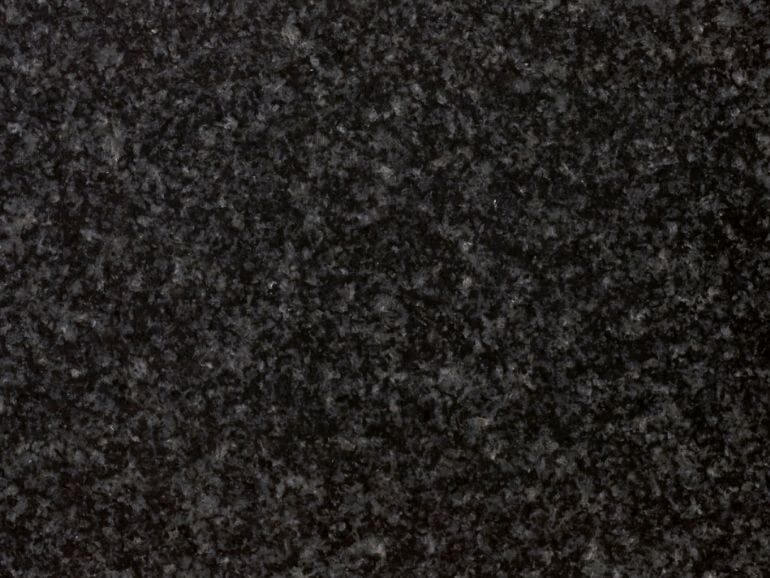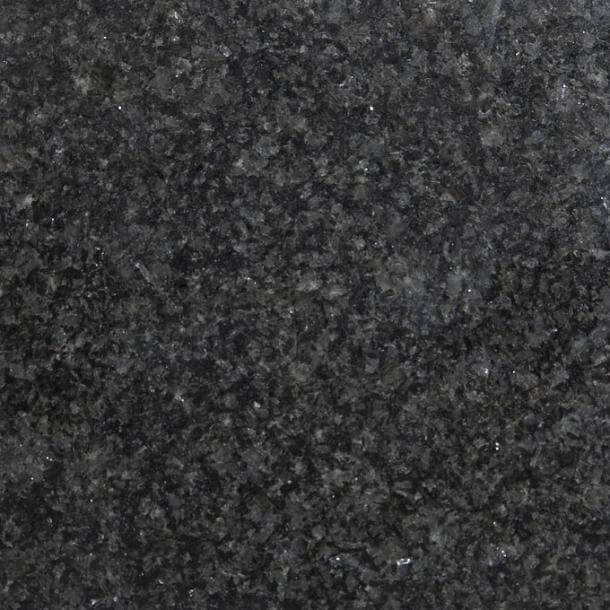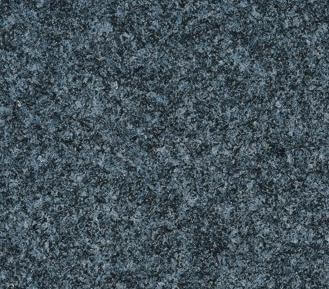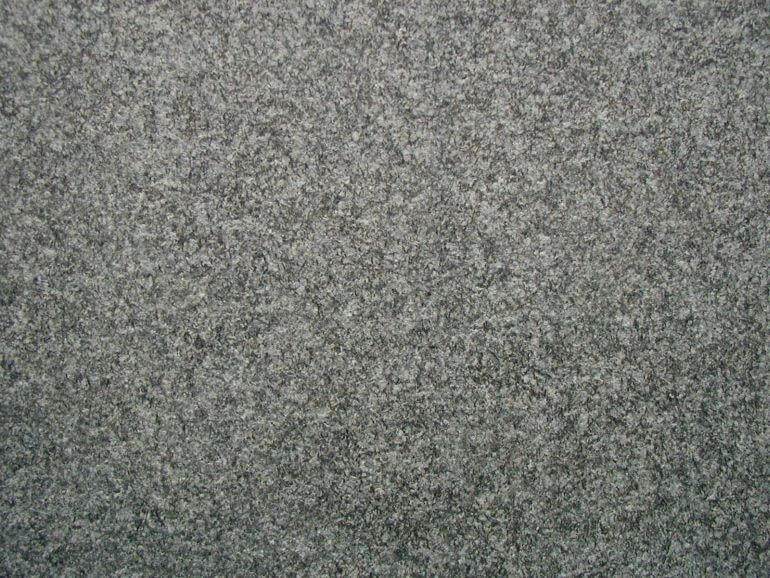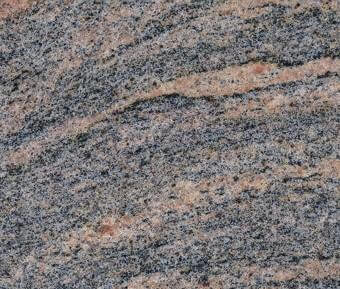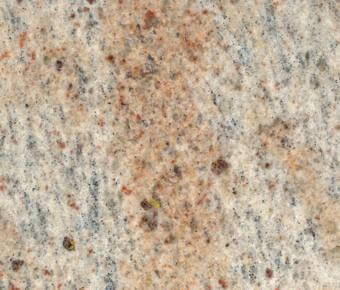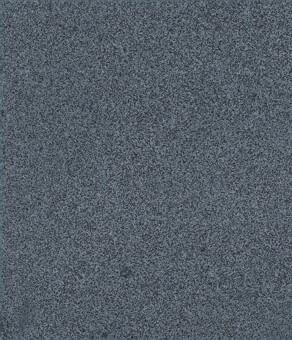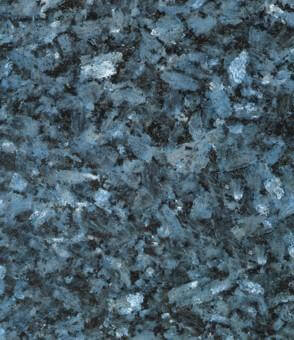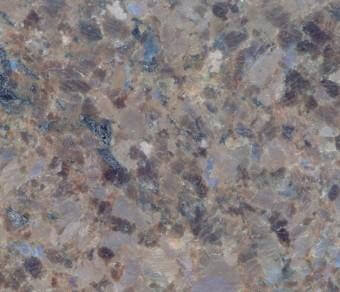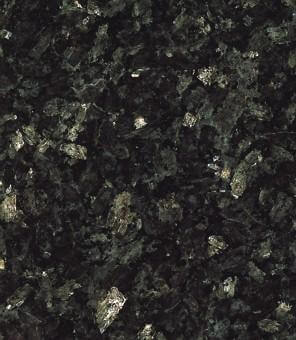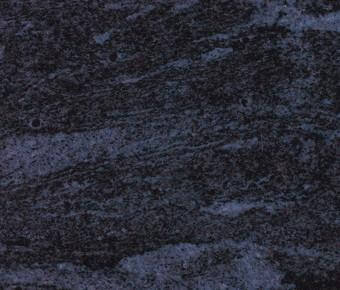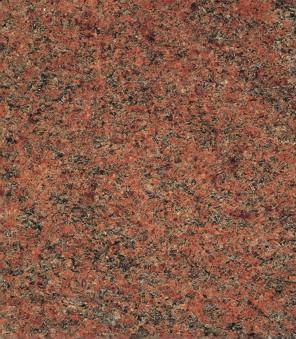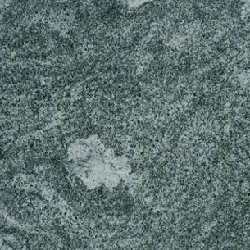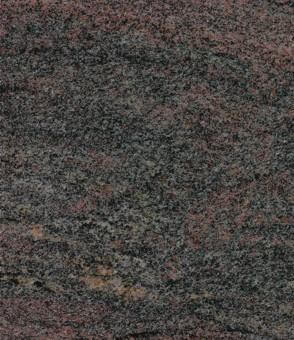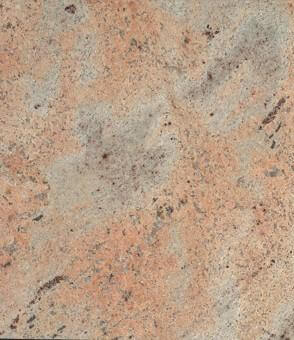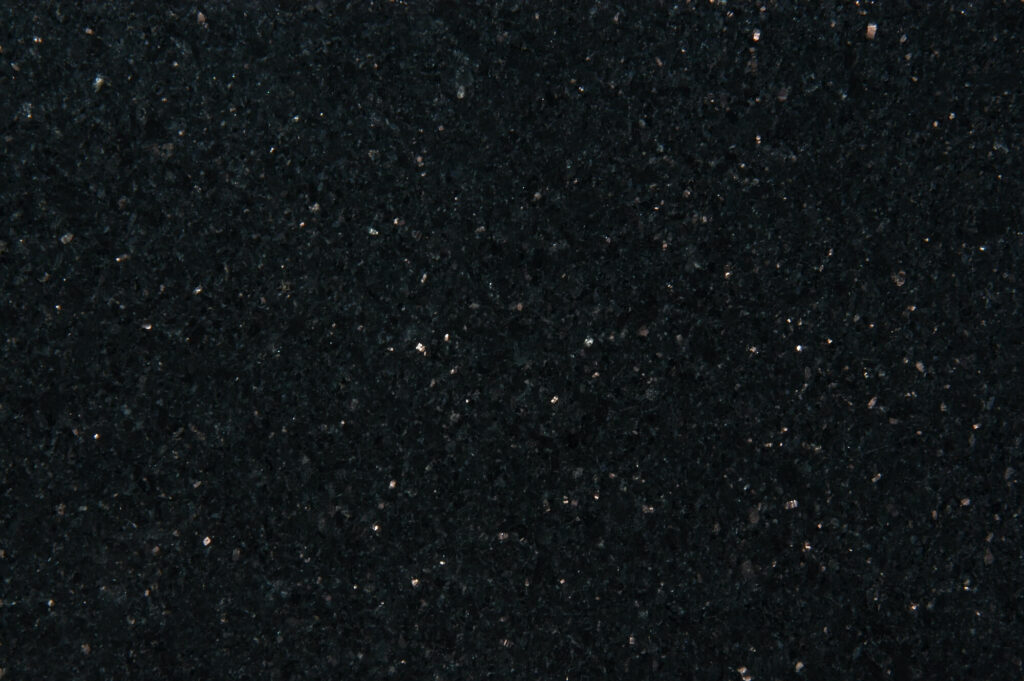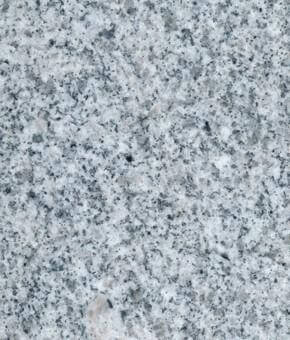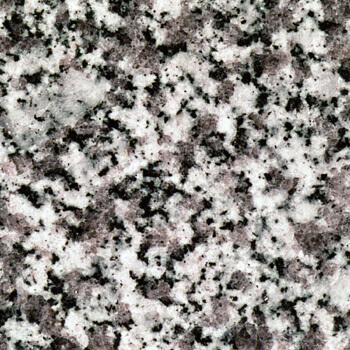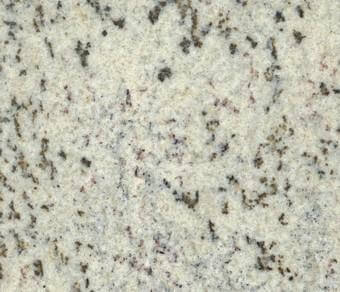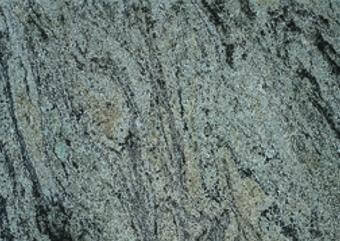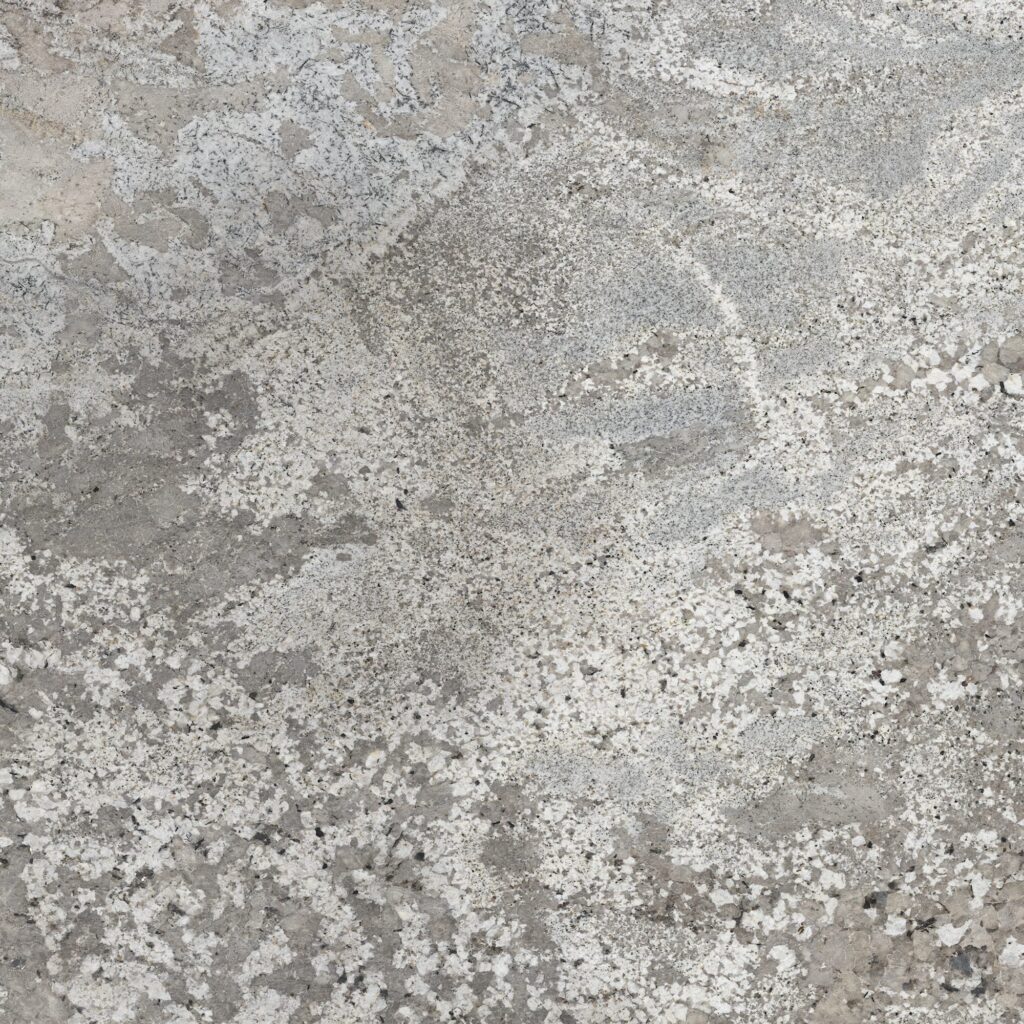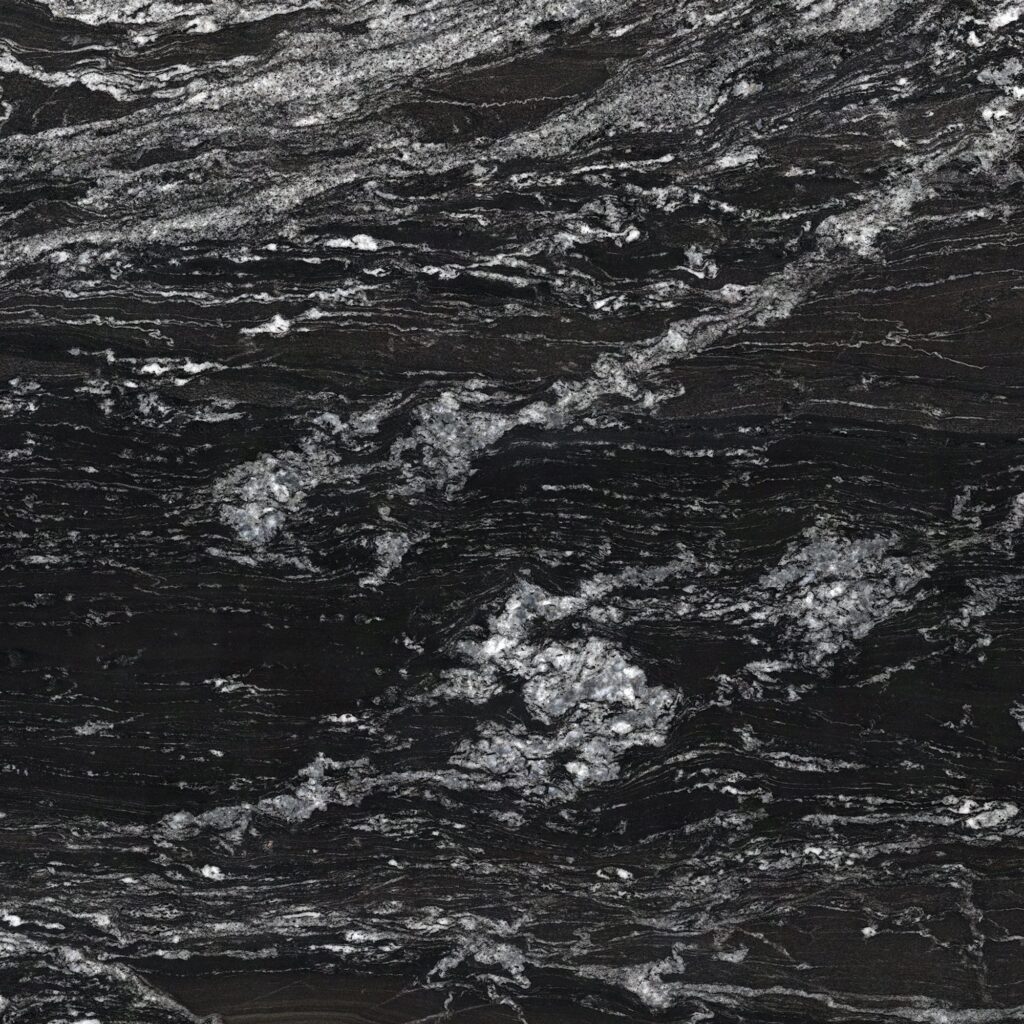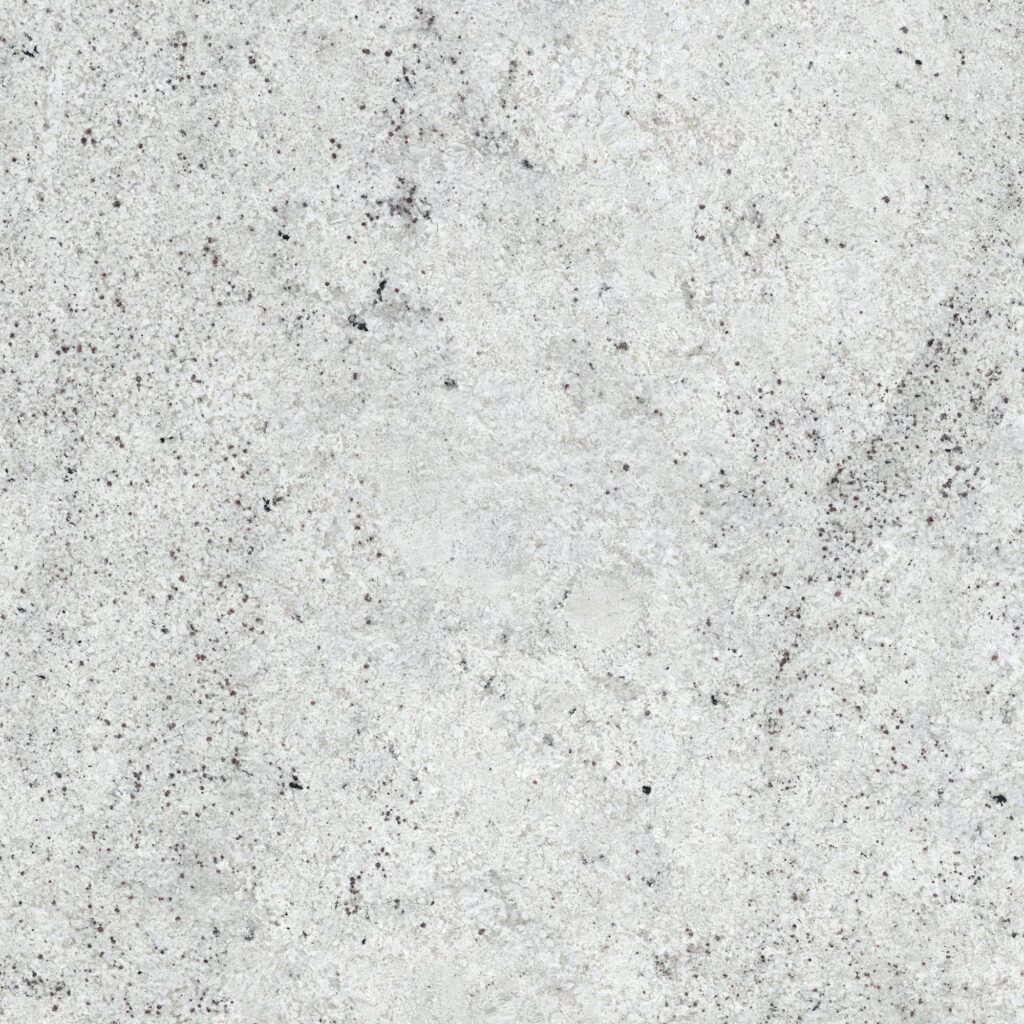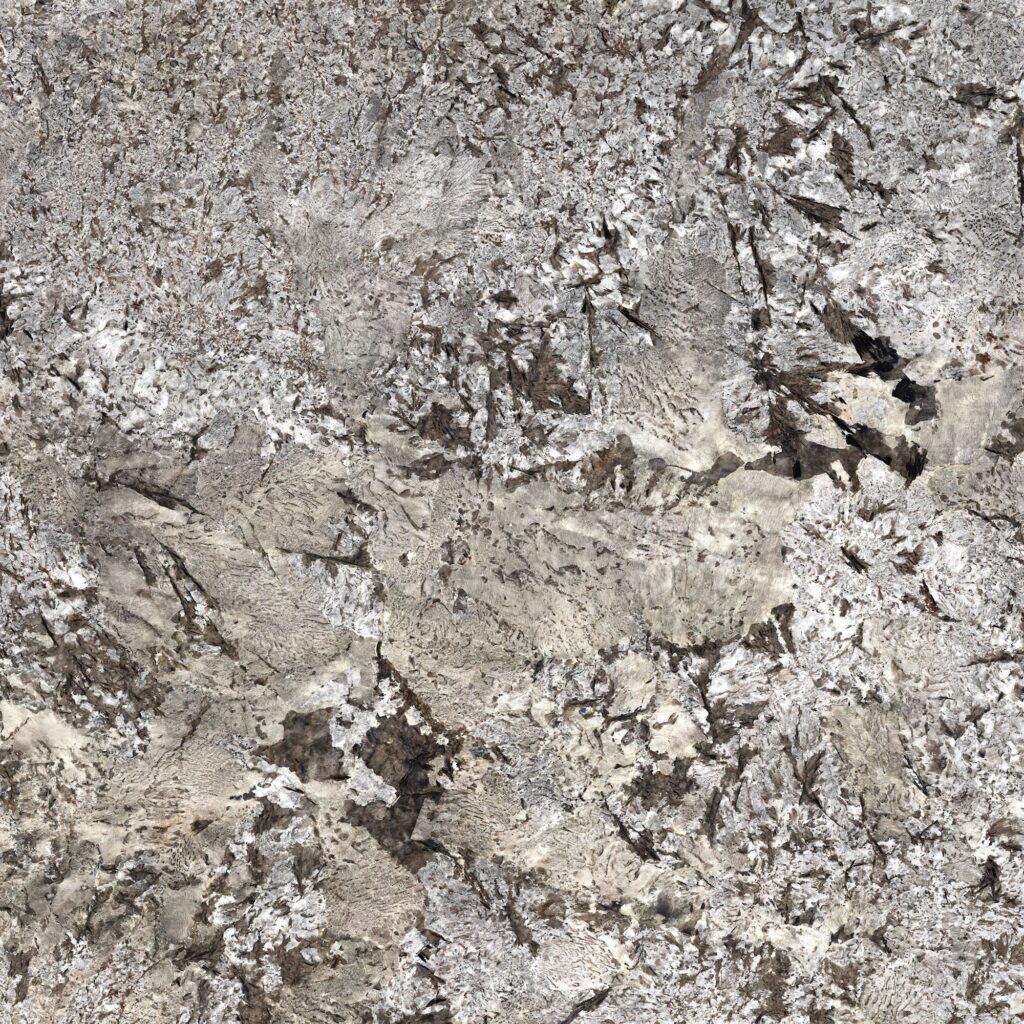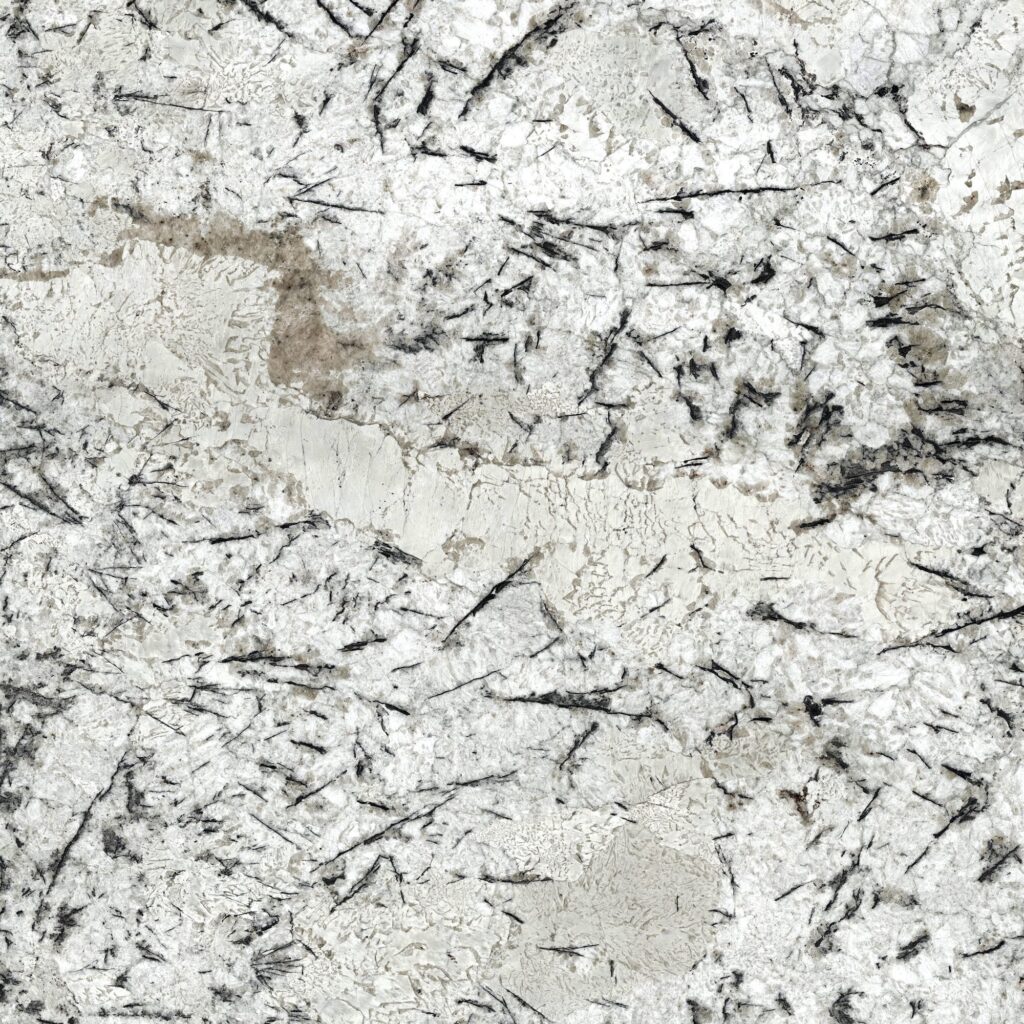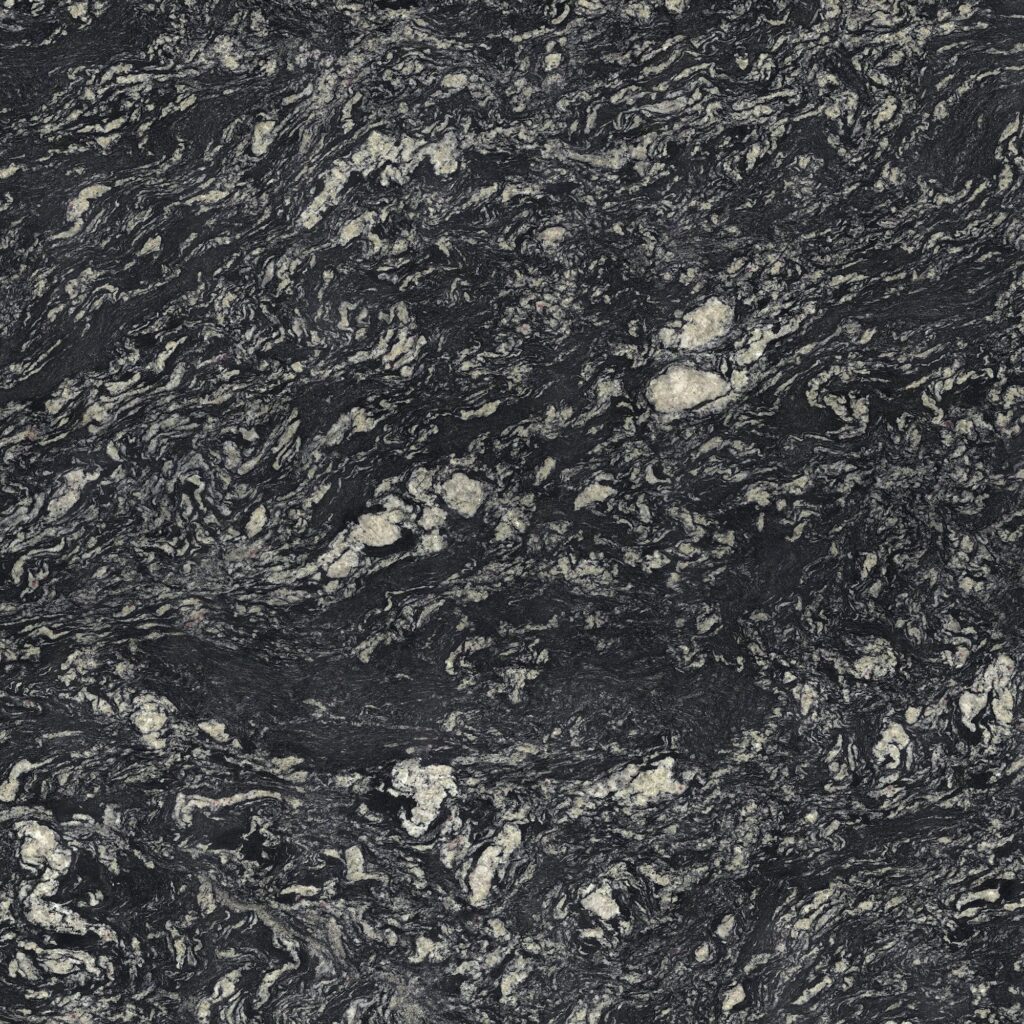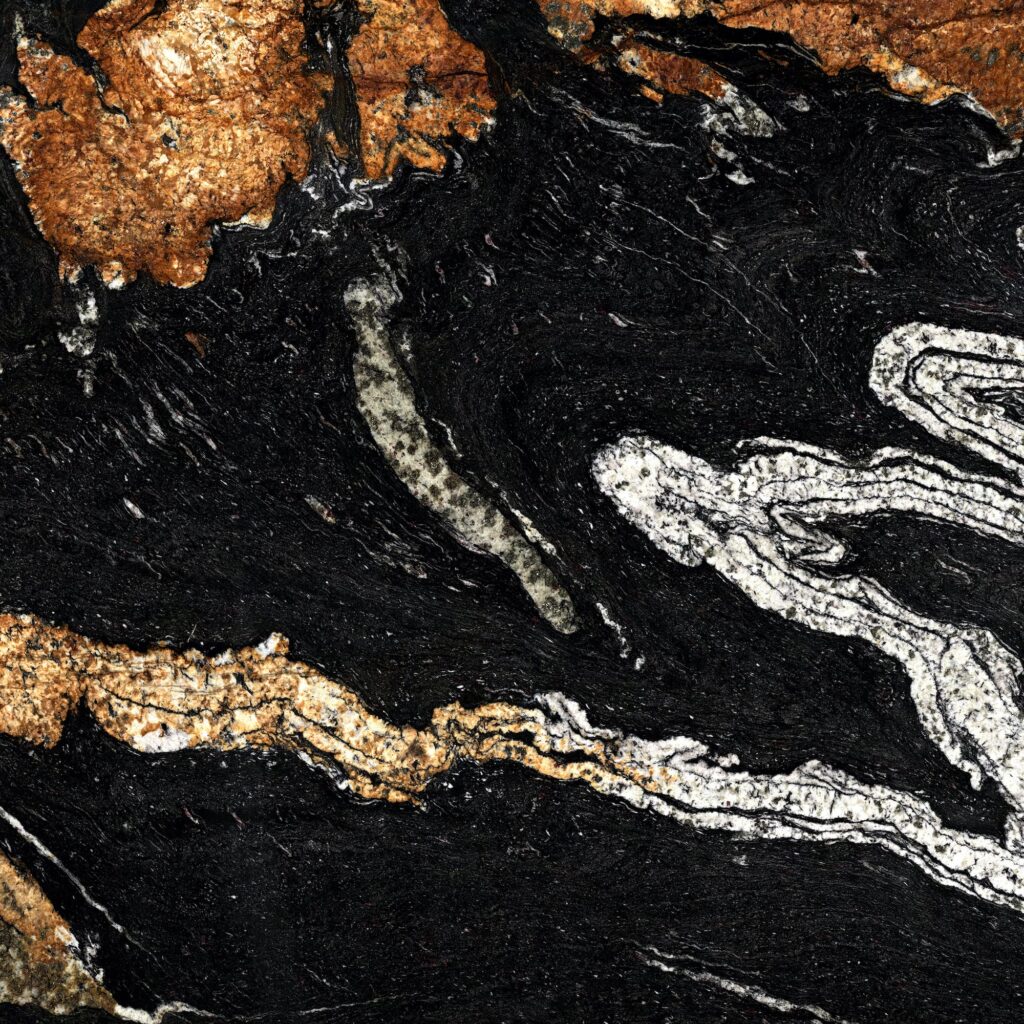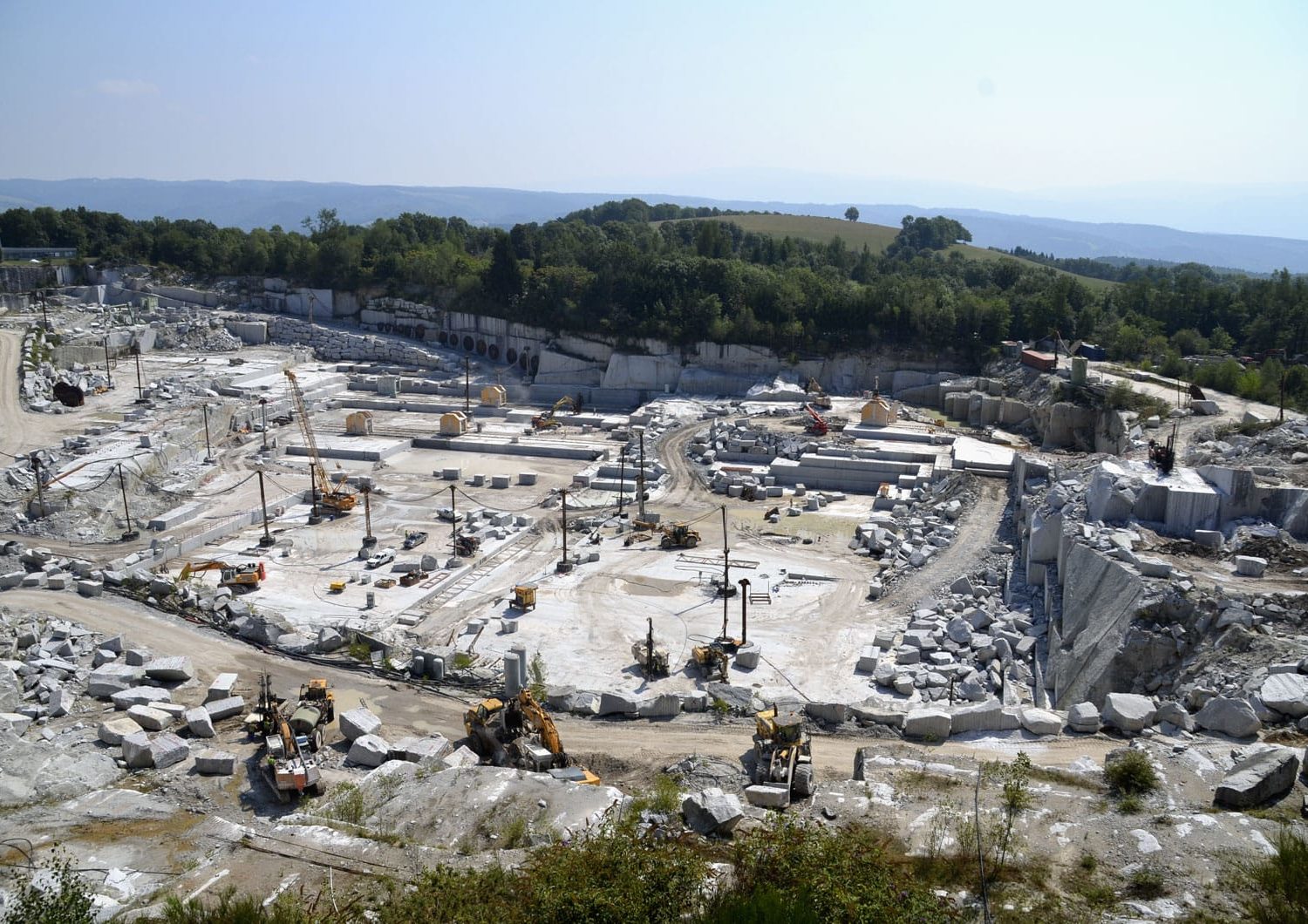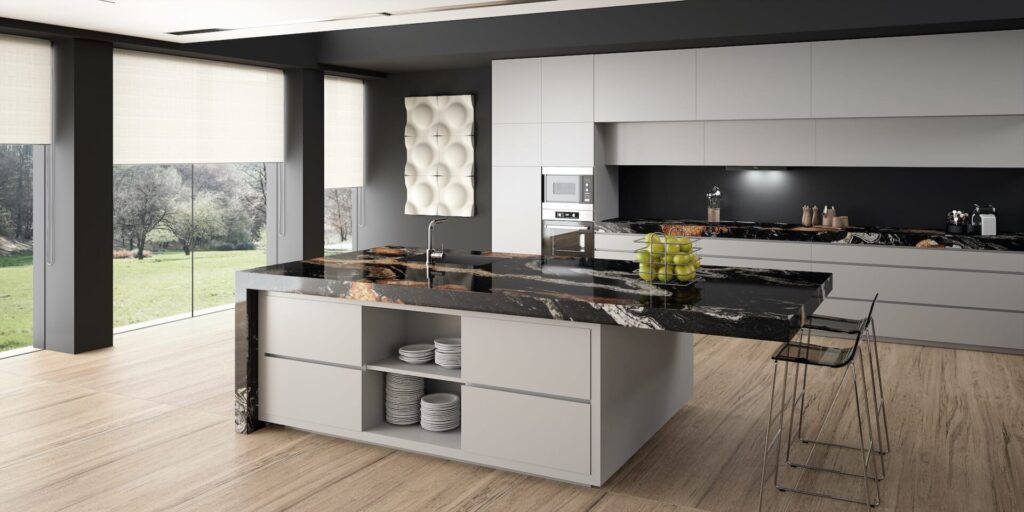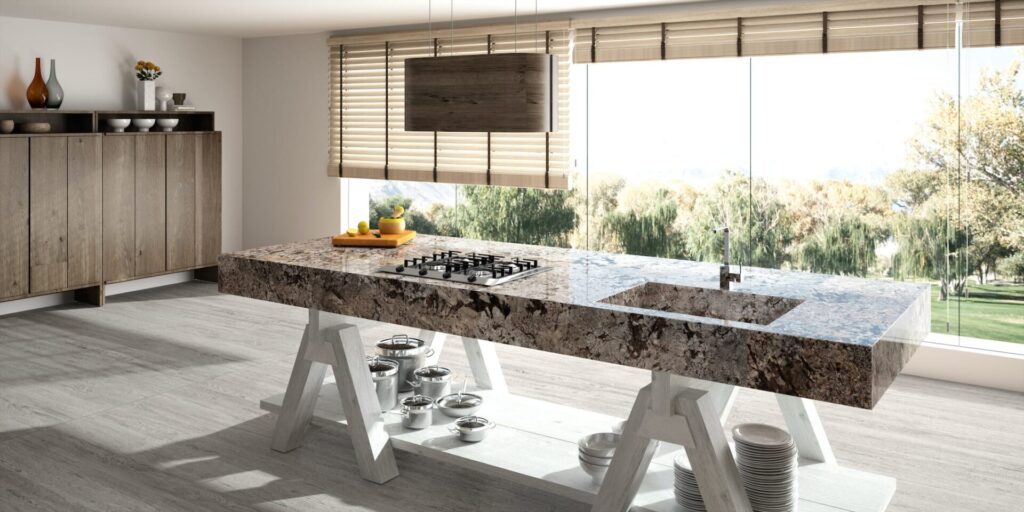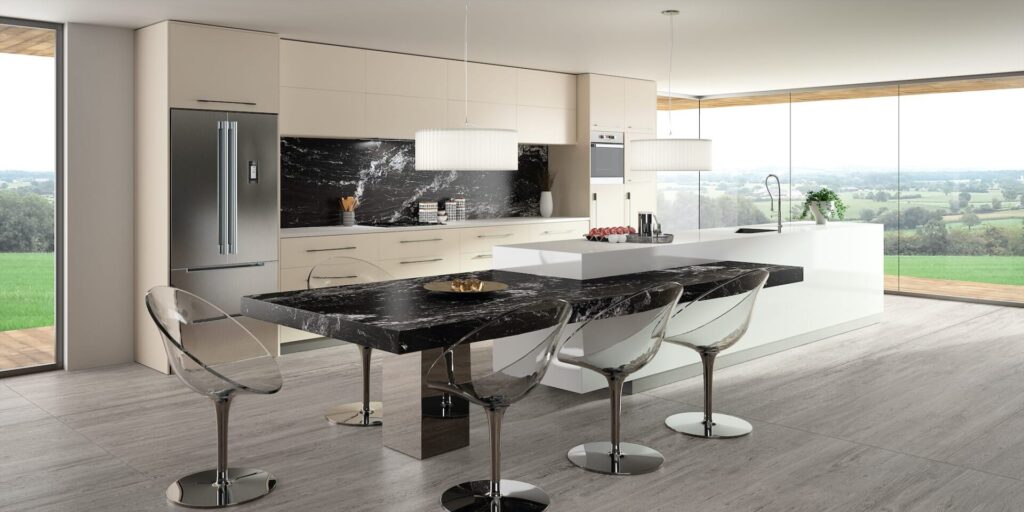Hardness
What is granite?
Granite is linked to the origins of time. It is the most common magmatic and plutonic rock. Granite comes from the cooling and slow crystallization of magma in the depths of the earth (dated at about 400 million years and more).
Why choose granite?
Granite is not only scratch and heat resistant, but also extremely hard and low in porosity. It is therefore ideally suited for kitchen worktops and heavy-duty flooring.
It should be noted, however, that granite is not always perfectly resistant to stains. To make maintenance as easy as possible, granite worktops should be treated before use to ensure effective protection against grease and dirt.
The possible finishes are :
- The polish: the reflective surface has an exceptional shine. The color/structure is reinforced.
- Softening: softening is done by spraying with water and using several sets of sanding heads. The grain of the sanding heads determines the desired result. The plain, matte surface has slight light reflections.
- The anciento: the slabs or tiles are first sanded or flamed, then brushed. This brushing makes a rough surface “softer”. This surface has coarse grains of varying shine and irregular shape, but the natural stone is softer to the touch. The anciento finish gives the natural stone a rustic look.
- The letano: the lightly brushed finish accentuates the natural color of the material. The slightly irregular surface finish provides a unique feel, comparable to leather or orange peel. The letano finish is used for various applications: interior flooring, bathrooms, facade cladding, worktops, etc.
© Carrières Plo
– Saint Salvy de la Balme

